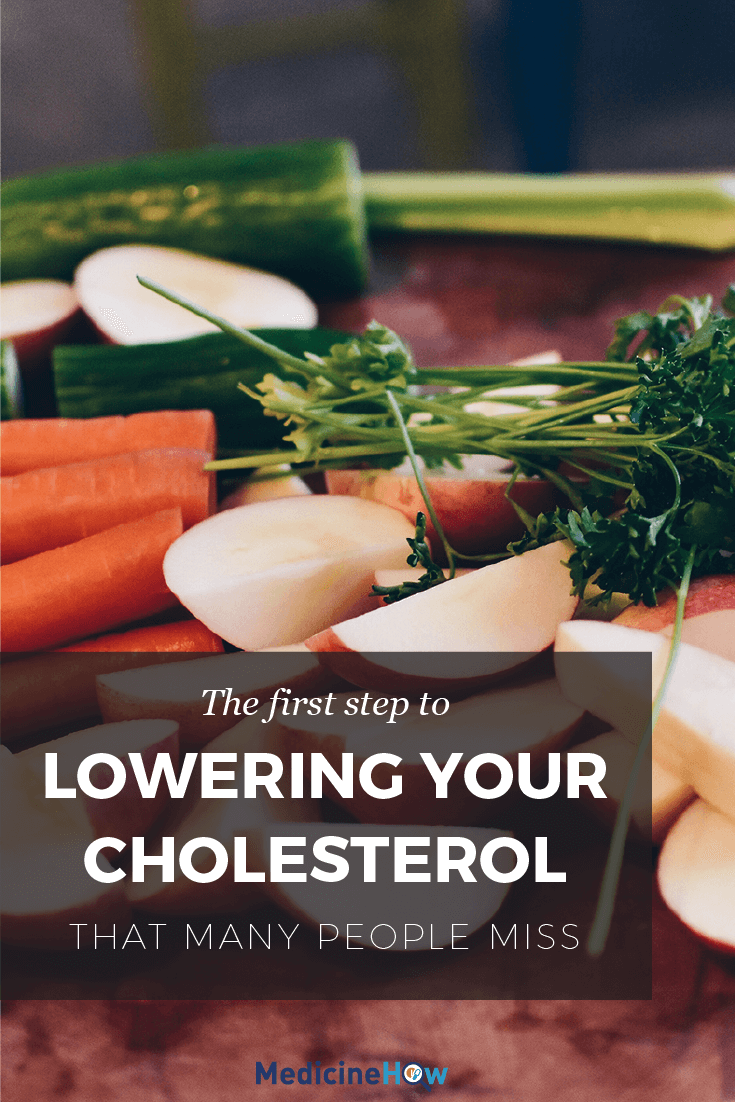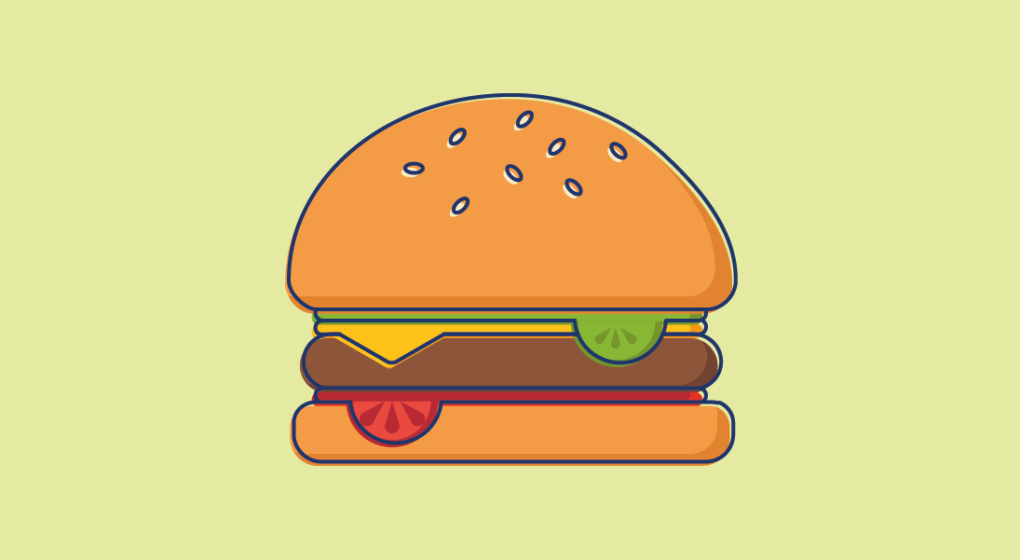
When it comes to high cholesterol, should we focus on our diet or drugs to help control the condition? It’s an interesting question.
I can remember my mother’s exasperation when she came up to the kitchen to find my father eating a bacon and egg sandwich dripping with fat one morning.
“I thought you were supposed to be watching your cholesterol – didn’t the doctor give you some medication for it yesterday?”
“Exactly.” My father answered with a grin. “Now I can stop worrying and enjoy. The meds will take care of it.”
My mother sighed, knowing from experience that she wasn’t going to win that argument as my father took another satisfied bite.
Unfortunately, this isn’t a fabricated story.
Bacon and egg sandwiches with extra butter are delicious. I get that. But when it comes to life and health, sometimes we have to make some sacrifices.
Medications are not an easy fix. They cannot replace a healthy lifestyle.
Pharmaceutical companies, of course, are greatly indebted to the folk who prefer the ease of just taking a pill. Their wallets are much thicker as a result. But I, with no endorsement whatsoever from the consumption of medications, am not so convinced.
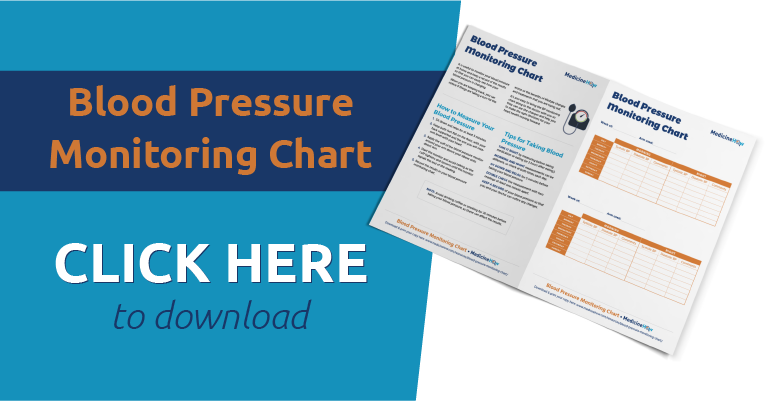
The Facts: Cholesterol and Cardiovascular Disease
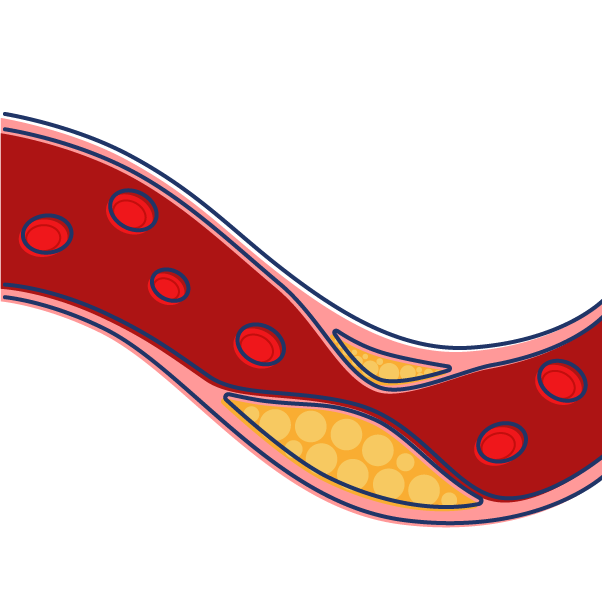 Firstly, let’s get the basics sorted. Why are we worried about high cholesterol?
Firstly, let’s get the basics sorted. Why are we worried about high cholesterol?
Essentially, it’s because high cholesterol has been linked to increased cardiovascular disease risk. Especially combined with other risk factors like hypertension, studies have shown that high cholesterol levels tend to lead to more cardiovascular events, such as heart attack and stroke (read here).
Why is this? High cholesterol can lead to atherosclerosis – this means that the cholesterol can stick to the sides of the blood vessels like a sort of glue. Too much glue blocking the way and it becomes more difficult for the blood to get through and make its way around the body, which puts greater pressure on the cardiovascular system. The blood vessels can even become entirely blocked, stopping the flow of blood completely. This reduced (or stopped) blood flow and increased pressure can lead angina (chest pain), stroke and heart attacks.
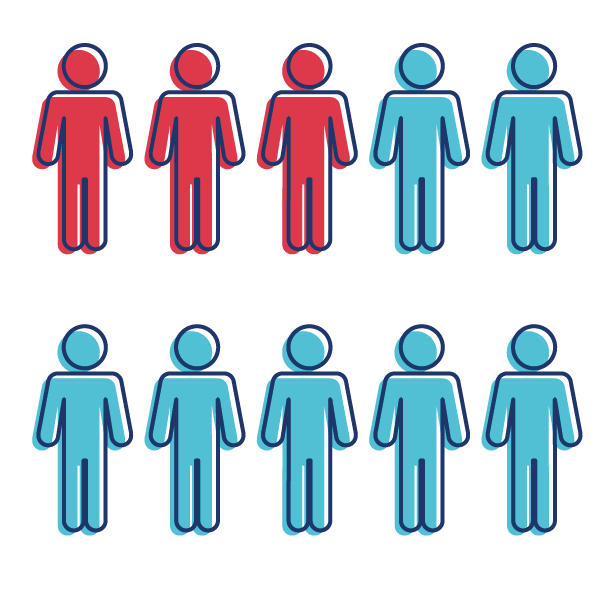 Worldwide, cardiovascular disease is the leading cause of death, responsible for 3 of every 10 deaths and up to half of all deaths in developed countries (read here). This is not something to be taken lightly and is the main reason that cholesterol lowering drugs, such as atorvastatin and simvastatin, are among the most used drugs throughout the world today.
Worldwide, cardiovascular disease is the leading cause of death, responsible for 3 of every 10 deaths and up to half of all deaths in developed countries (read here). This is not something to be taken lightly and is the main reason that cholesterol lowering drugs, such as atorvastatin and simvastatin, are among the most used drugs throughout the world today.
How do statin drugs lower cholesterol?
Statins are a class of drugs that work in the same way to lower cholesterol; a few of the most common examples are atorvastatin, pravastatin, rosuvastatin and simvastatin.
They work to lower the levels of cholesterol in the blood in two ways. Firstly, they block the enzyme that produces cholesterol in the liver, lowering the total amount in the body. Secondly, they increase the production of cholesterol receptors, which removes the cholesterol from the bodies circulation.
As a result of this, statins are very effective at reducing cholesterol levels. In fact, when starting therapy with a statin, you could expect to lower levels by 30% and there have been several studies to show that this makes a real difference on actual cardiovascular events in the following years (read here).
Fortunately, statins are also generally very well tolerated and cause few side effects – this is another big reason for their popularity and growing use as a drug today. The most worrying is muscle pain, which is believed to be due to the effect it has in the liver.
How do food and nutrition contribute to cholesterol levels?
We don’t have to look far to discover the main cause for the increase in rising cholesterol levels: it’s in the supermarket, at fast food store, advertised on television. Mass produced and pre-packaged food packed with preservatives, fats and sodium, all of which have a bad impact on our health. It is the large amounts of fat, in particular, that have a big impact on our cholesterol.
If this is where it starts, shouldn’t this be the place that we begin to turn things around?
In fact, this is where the evidence has been pointing. It has been shown that dietary changes have a positive effect on cholesterol levels in our body (read here). Four studies summarized here compared the efficacy of lowering cholesterol following the advice of dieticians versus that of doctors. Indeed, it was the dietician’s advice that came out on top, which suggests that altering diet can be all that is needed to tackle high cholesterol levels.
The difficulty comes in people’s resistance to change. Whereas taking a pill once day barely inhibits a person’s life at all, changing the way one eats on a daily basis can seem like a drastic and “too hard” change, especially if time needs to be spent to learn how to cook healthy meals. For these types of changes to happen in reality, there needs to be a true desire for change and a will to put in the effort.
What sort of dietary changes help to lower our cholesterol? The most important thing is to stay away from highly processed foods and aim to increase fruit and vegetable intake. If you want some more comprehensive advice, I’d recommend this article.

Verdict: Diet or Drugs? Look to Diet First
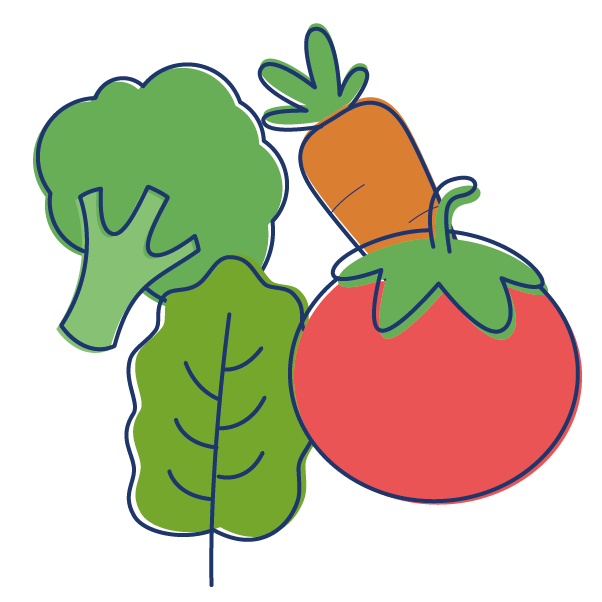 In the end, cholesterol is one of those problems that should be fixed at the cause of the problem and not with a band-aid stuck overtop to cover it up.
In the end, cholesterol is one of those problems that should be fixed at the cause of the problem and not with a band-aid stuck overtop to cover it up.
A healthy diet is essential not only to keep cholesterol levels in check but also to decrease the risk of other conditions, such as hypertension and cancers. This should always be our starting point; what we fuel our bodies with is a strong indicator of how healthy they will be. Diet changes can be all that is needed to keep cholesterol levels in check and whether or not we use the assistance of drugs, diet should always be part of high cholesterol treatment.
Used correctly, statins are a great group of medicines that have a place in decreasing cholesterol levels. Given that their use has been well studied over a long period of time and they appear to be effective and safe to use, they offer a lot to those needing to lower their cholesterol.
The main question is when drugs are really needed. Chemically reducing cholesterol levels is unnecessary if a few simple changes to your everyday diet would be sufficient to lessen the risk of cardiovascular disease.
What it comes down to is this: When faced with high cholesterol, look first to your diet. Are you minimizing processed foods where possible and eating fresh foods whenever you can? If this doesn’t seem to be enough, drugs are the wild card to help you with the final touch.
We need to begin at the heart of the problem and look to the handy-cap solution only when we have to.
Pin it!
